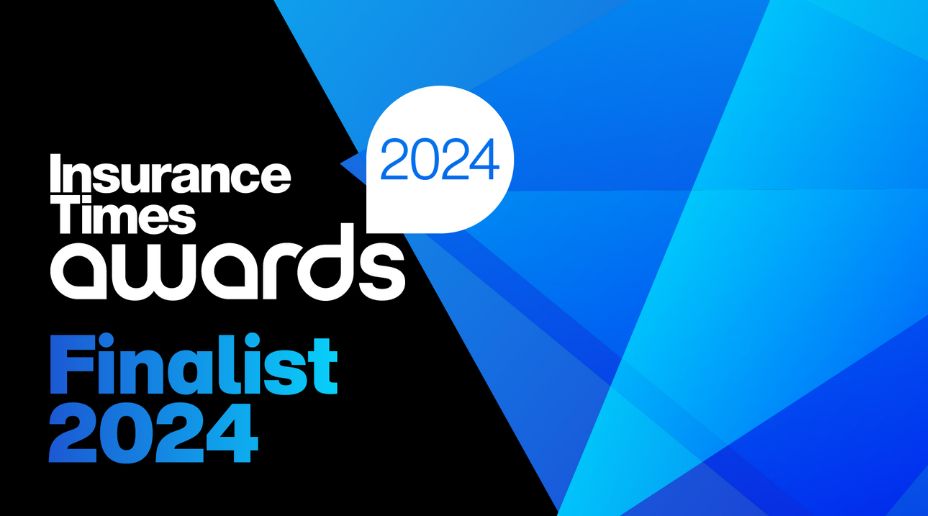Public perception that it’s acceptable to exaggerate an insurance claim, on the basis that it’s a victimless crime, has shifted in recent years. However, with the continuing Cost of Living Crisis it’s evident some policyholders are inclined to ‘get their money’s worth’ when making a claim.
In this article, James Burge, head of counter fraud, Allianz Insurance plc, outlines what constitutes fraudulent exaggeration, the impacts on the policyholder and how we should work together to reduce the frequency of claim exaggeration.
What is fraudulent exaggeration?
Slight exaggeration versus fraudulent exaggeration?
The judicial system interprets inflated claims merely as an attempt by the claimant to negotiate what will ultimately be a lower settlement. More often than not, the amount first claimed is more than the claimant expects to recover. This practice is recognised as an accepted form of ‘horse-trading’, which does not amount to a deliberate attempt on the claimant’s part to defraud and deceive the insurer.
The need to distinguish tactical exaggeration from a deliberate attempt to mislead means that insurers cannot readily infer fraud, even in circumstances where the claimant has made an inflated claim.
Where a claim is exaggerated, the insurer needs to demonstrate that the claimant has misrepresented or concealed relevant information in order to prove that the exaggeration was fraudulent rather than a starting figure for negotiation. A claimant who makes a claim with clear demonstrable knowledge that they are actually entitled to less, but is hoping to obtain a higher amount, will be guilty of fraud.
Recent cases of attempted car insurance fraud
Mr Jordan Stephens v Allianz Insurance plc.
A genuine road traffic accident (RTA) where the claimant could have been injured. However, he exaggerated his injury and the stated that he couldn’t work because of his injuries. His employment records however showed that his seasonal contract ended just after the RTA.
The claim was worth around £15,000 but was dismissed at trial.

Mr Joshua Hyett v Allianz Insurance plc
This was a genuine RTA in stop/start traffic causing superficial scratching to the rear bumper of the car.
The judge dismissed the case at court as the claimant couldn’t prove whatever symptoms he subsequently developed weren’t related to the incident.
Investigations conducted by the Insurance Fraud Bureau (IFB), along with the introduction of the Criminal Justice and Courts Act 2015, mean that fraudulent claimants now risk losing all of their claims payments, and may, in some in some instances, also have to pay costs.
If a policyholder is found to have fraudulently exaggerated their claim, insurers can take the following actions:
- decline to pay the entire claim including the genuine elements
- void and cancel the insurance policy from the date of the fraudulent act (i.e. the date the insured started exaggerating the claim)
- retain the premium paid
- recover any sums previously paid out indemnifying the insured for their claim.
What can brokers do to help?
- Talk to your customers about the consequences of fraudulent exaggeration.
- Scrutinise claims presentations, challenge presented costs and validity of supporting paperwork or question the lack of validation.
- Please let us know if you suspect fraudulent activity via your relevant claims handling centre.



























